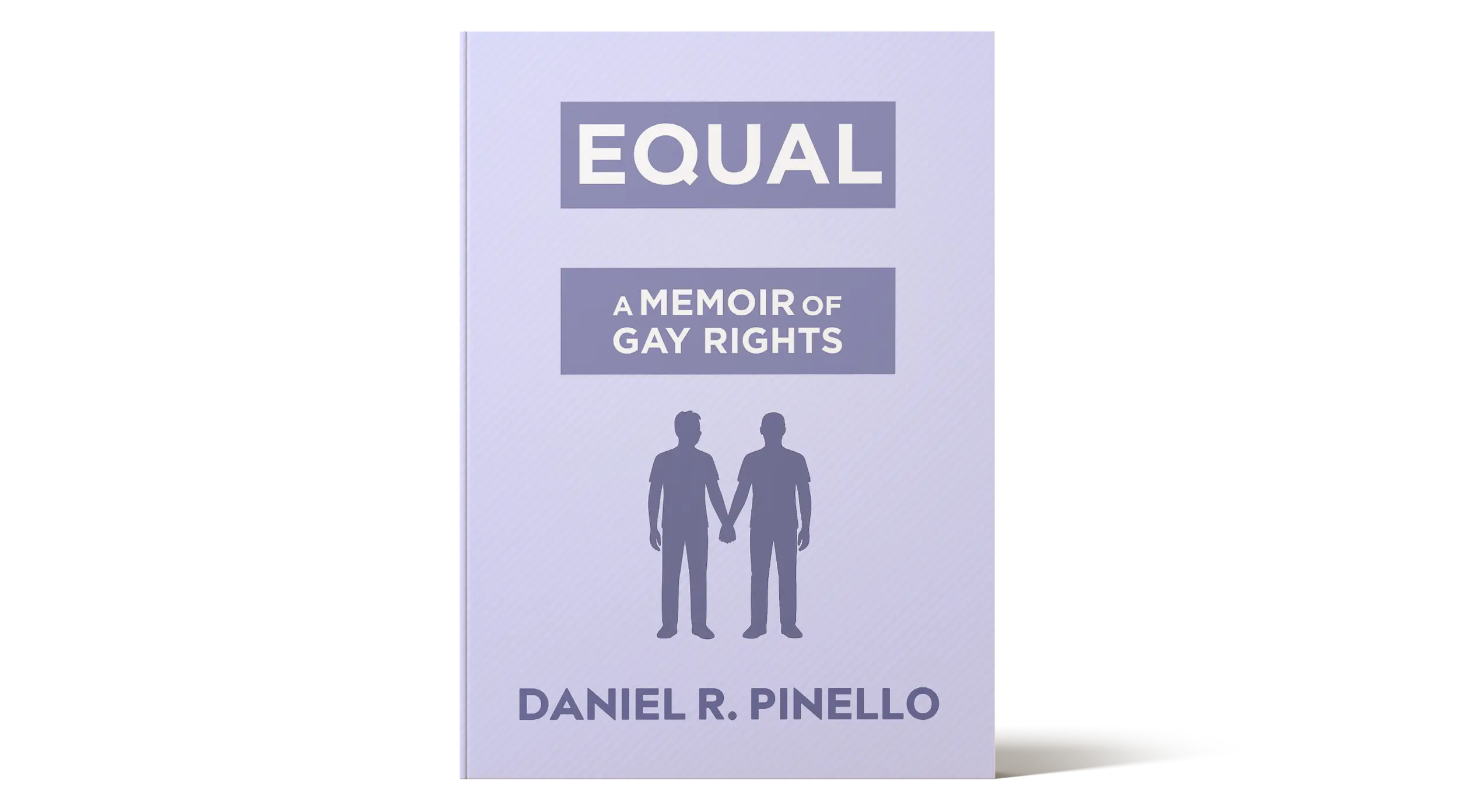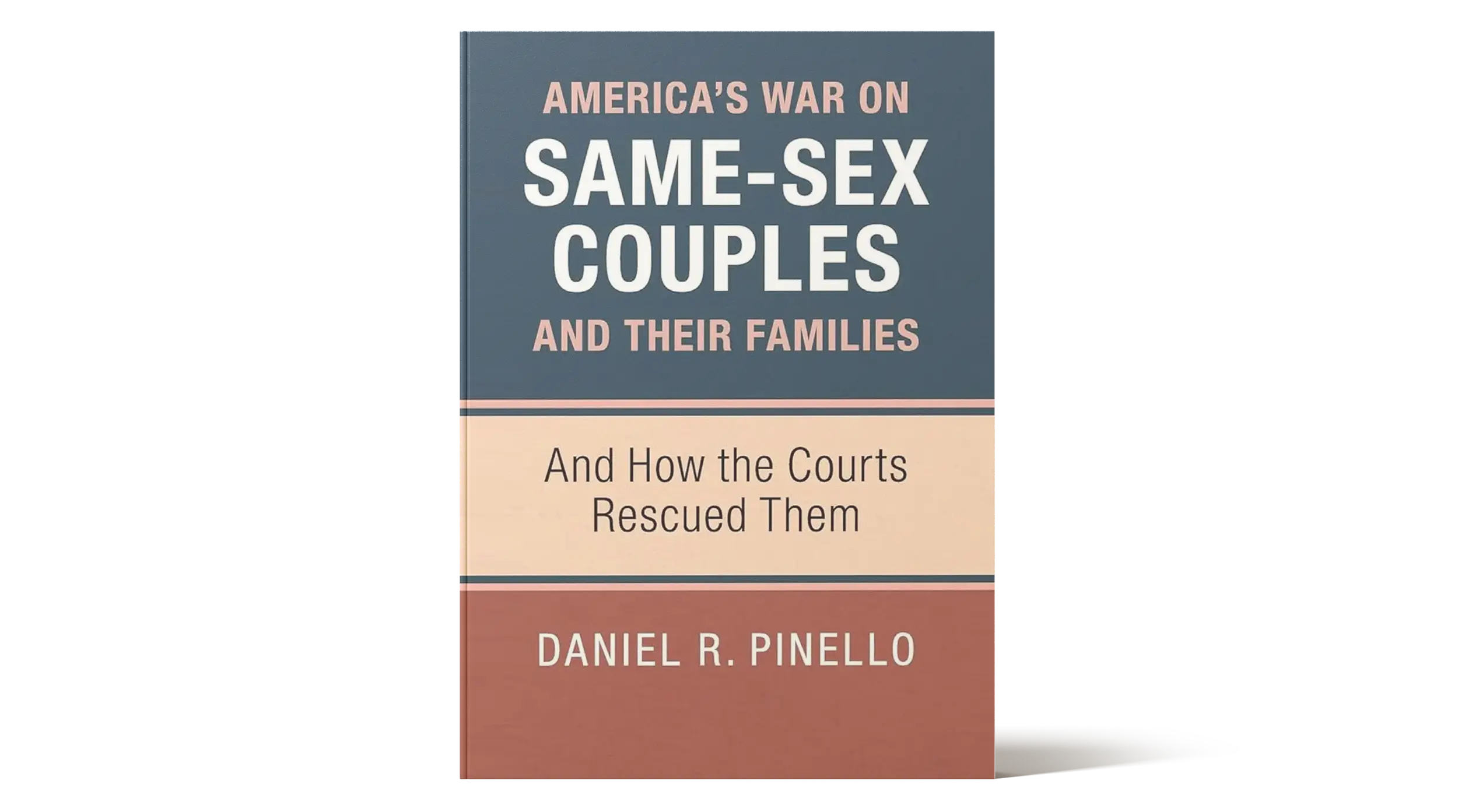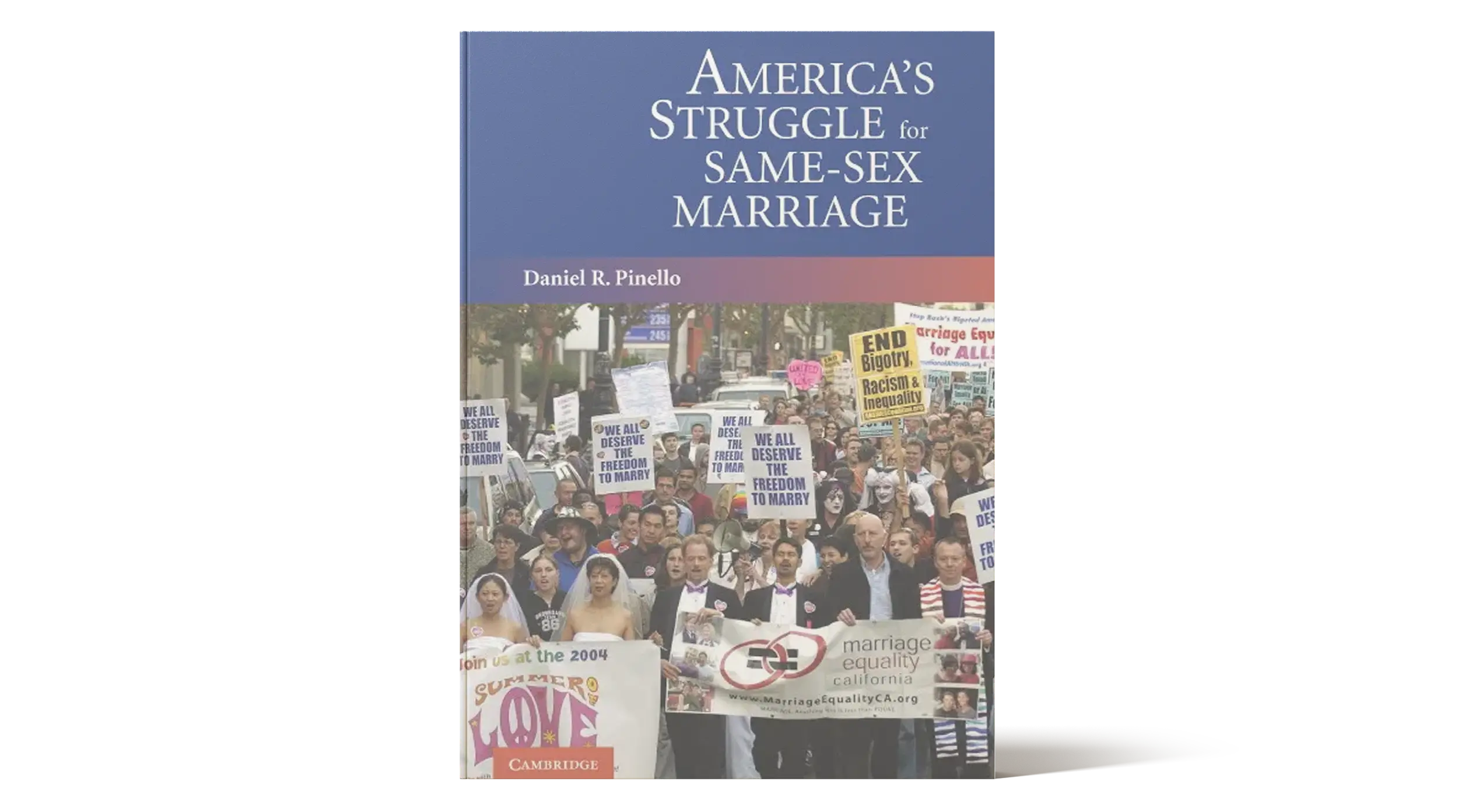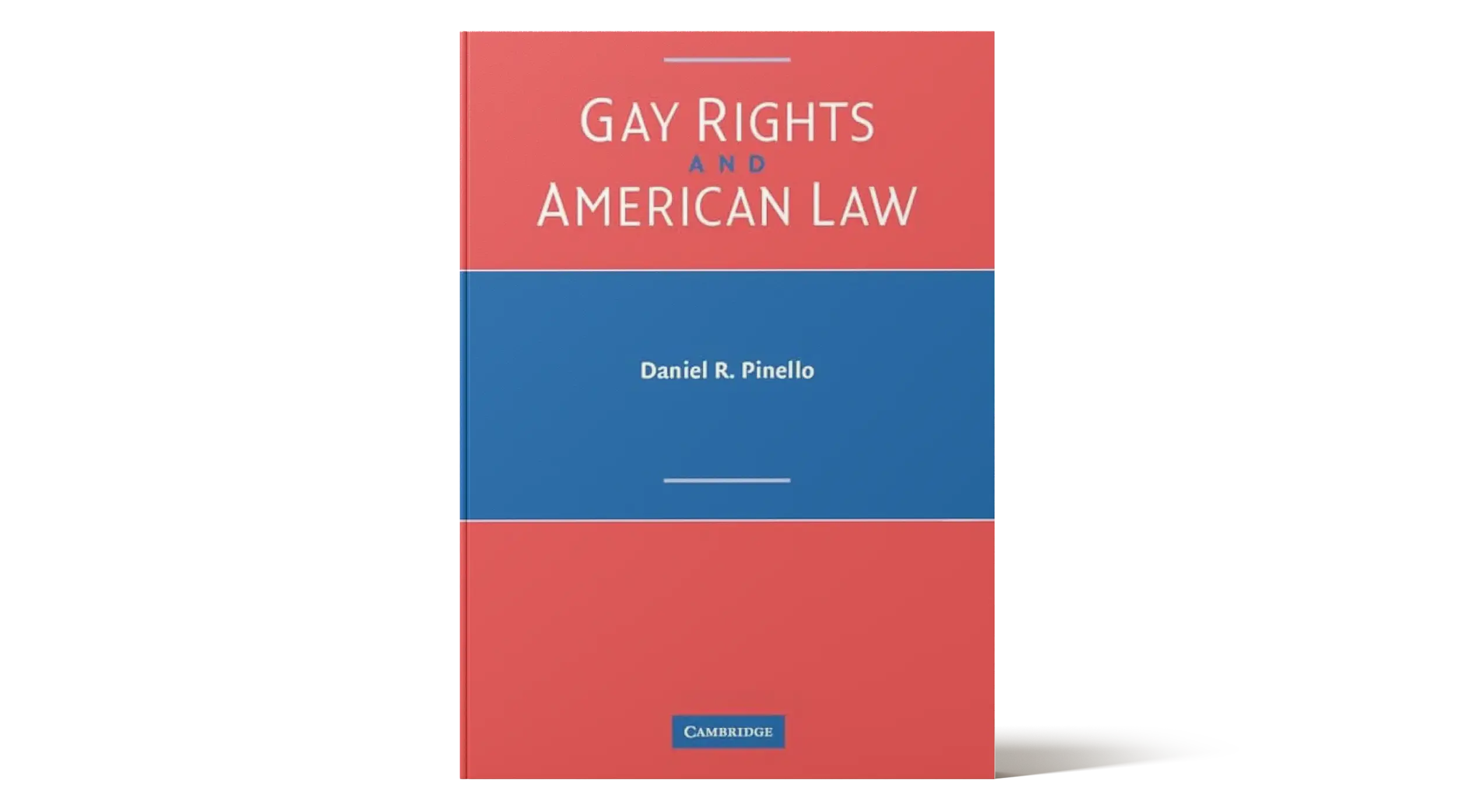Why I Favor a Boycott of the 2012 New Orleans APSA Meetings and
What I Object to in Post-Katrina Arguments against such a Boycott
Wendy Brown
June 2008
To begin with, we should be clear that the APSA administrative staff had only two interests in keeping the 2012 meetings in New Orleans. These were not breaking hotel contracts (becoming “a poor corporate contractor”) and not going through the logistical and financial difficulties of changing sites. Those who made the condition of post-Katrina New Orleans a prominent reason for keeping the meeting there, and now in rejecting the boycott organized by Dan Pinello, have smoothed the waters for APSA. They have suppressed the bind of overtly sacrificing the rights of some APSA members for a set of overriding corporate concerns. So the debate currently taking place among left APSA members about the boycott, all of whom can be presumed to care both about Katrina victims and about gay rights, could not be making the staff happier. I am not blaming anyone for this, only noting that we have managed to alleviate a major difficulty for the corporation. Put another way, Katrina, which, like the 2004 Constitutional amendment, occurred after the contract with New Orleans hotels was made, was a godsend for APSA corporate interests.
That said, are there a set of competing identity-bound interests contained in the question of whether to participate in the 2012 New Orleans meetings? Black (poor) vs. queer? My answer is no, for the following reasons:
1) The aim of the boycott is not to “punish” New Orleans or Louisiana. The aim is to express a commitment to holding APSA meetings where the human rights of the members are protected. Nor is the boycott about whether same-sex unions ought to be accorded the status of marriage. Rather, the question is whether these unions ought to have the most minimal legal standing and protection. This is not an abstract, moral or symbolic issue but a concrete and practical one. For those whose familial relationships are explicitly nullified by the laws of Louisiana, the state is not abstractly but concretely – politically and legally – hostile territory. In amending the Constitution to establish that the state will recognize “no incident of marriage” among same-sex couples (domestic partnerships, civil unions, etc.), Louisiana is saying to us: “your partner is not your partner”, “your family is not a family”, “the children you parent together are not yours.” It is saying as well that we have no legal right to provide for, protect, institutionally access, care for, inherit from or bury our family members. It is saying that we, as families, do not and should not exist – that we are legally rubbed out. Such explicit hostility and nullification can be very hard to imagine for people who, by virtue of race or sexual orientation, have never known it. But to understand what is at stake here, you have to try.
2) Katrina hit hard and government indifference hit harder. New Orleans desperately needs help and needs it now – not seven years after the hurricane, not funneled through the Hyatt and Sheraton, Bourbon Street bars and French Quarter restaurants featuring New York chefs and Tulane University wait staff, not in the form of hordes of academics spending huge sums on airfare and forced to scrimp on everything else. This is not to say that tourist dollars are trivial or that tourist economies should be scorned. But for those who genuinely care about the people and the city of New Orleans, far more effective than your attendance at the 2012 APSA meetings would be a $100 check sent right now to one of dozens of New Orleans rebuilding foundations, a few of which include: Rebuilding Together New Orleans, Friends of New Orleans, Habitat for Humanity, Make It Right New Orleans, and Common Ground. If half of APSA’s membership sent such a check today, $600,000 would go directly to the rebuilding of the city. This is far more, and far more meaningful, than what will be contributed by zipping through the city four years from now for a long weekend where the preponderance of our dollars sink into airlines, corporate hotels, expensive meals, and buying one another’s books. Put very simply, no one has to choose between supporting New Orleans and supporting human rights. And no political scientist has to physically go to New Orleans to support its rebuilding – that kind of additional capital generated by “presence” is for celebrities and politicians.
3) The argument that “we cannot abandon New Orleans” or that we must “have solidarity with New Orleans” and that this means attending a one-off APSA meeting is an especially troubling one. It is akin to saying that a college spring break tour in Jamaica expresses solidarity with the impoverished Third World, or that my cab fare or tip for a hotel maid in New York mitigates racialized poverty. This argument not only makes us feel good when living richly, it suggests that we can and ought to do good through consumption (the consummate conceit and advertising tactic of contemporary capitalism – “buy an overpriced t-shirt and save Darfur”). It also suggests that this particular strategy of doing good ought to trump other values, including human rights, a suggestion that perfectly resonates with neoliberalism in general and with contemporary US domestic and foreign policy in particular. Capitalism is understood as a pure force for good and bringing the bottom up, and if it happens to coincide with severe human rights violations, well so be it.
4) Finally, I am hard-pressed to think of another group whose rights would be so easily set aside in this way. If we were confronting the explicit nullifications of families marked by race, religion or ethnicity, I think few of my colleagues would insist that the positive effects of their tourist dollars were more important. (I’m trying to imagine how this argument would have taken shape during the anti-segregation struggles of the early 1960s.) Perhaps the Louisiana constitutional amendment is not well understood, or is flatly misunderstood as only limiting marriage status to heterosexual unions. Perhaps few people have considered the force and implications of these kinds of laws, what kind of arbitrary treatment of same-sex families they permit and what kinds of ordinary rights and entitlements they eliminate. (Consider Michigan, whose Supreme Court ruled in May 2008 that, on the basis of a similar law, all state employee same-sex partner benefits must be terminated.) Or perhaps there is something about same-sex relationships that doesn’t quite meet the measure of human rights and equality. Perhaps we remain too queer, too questionable a bit of humanity, to be fully counted at the human rights table.



